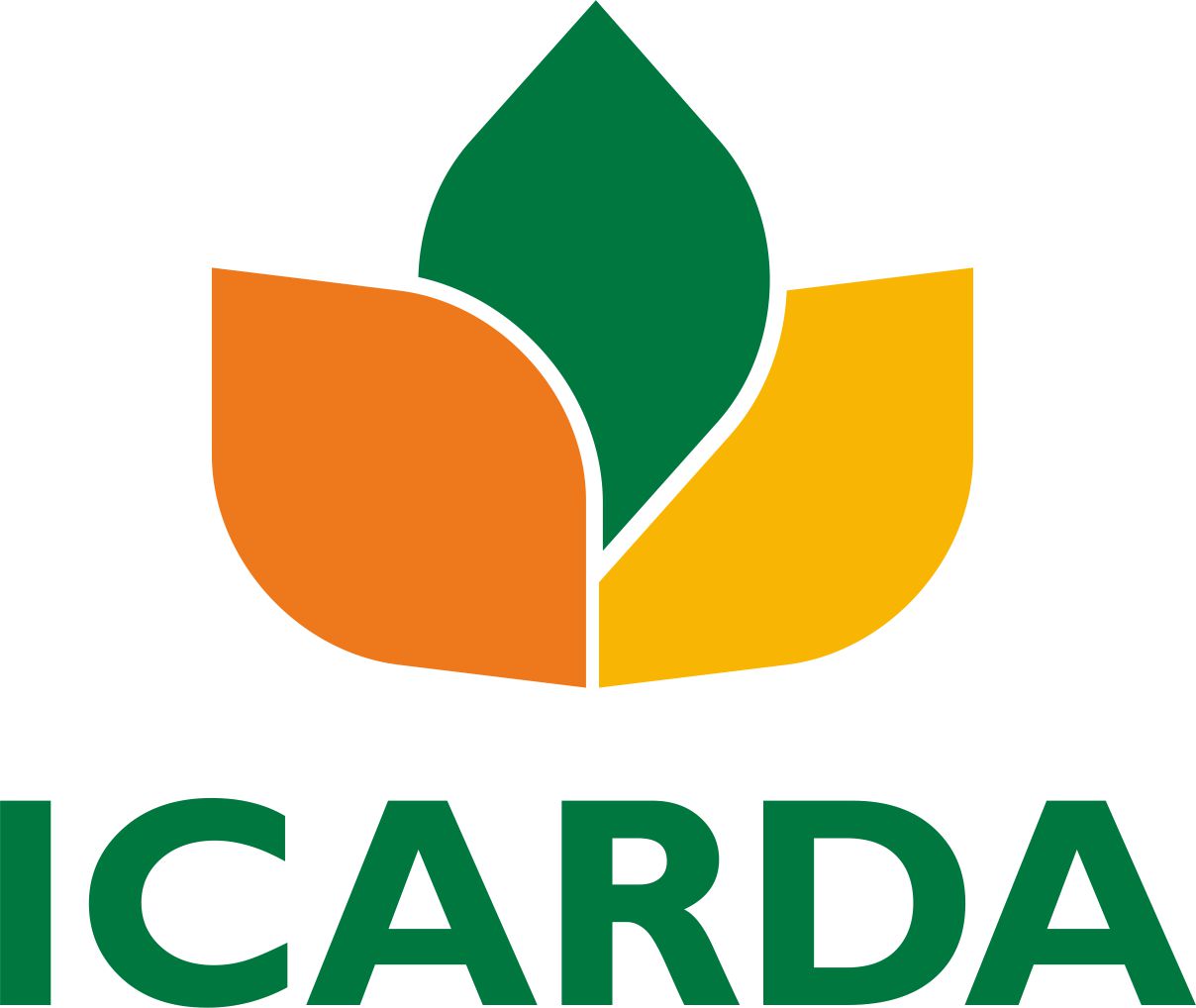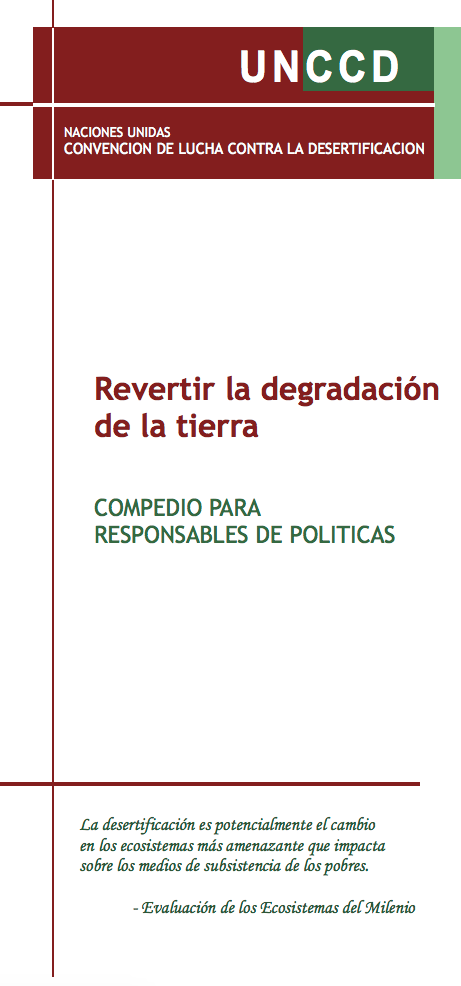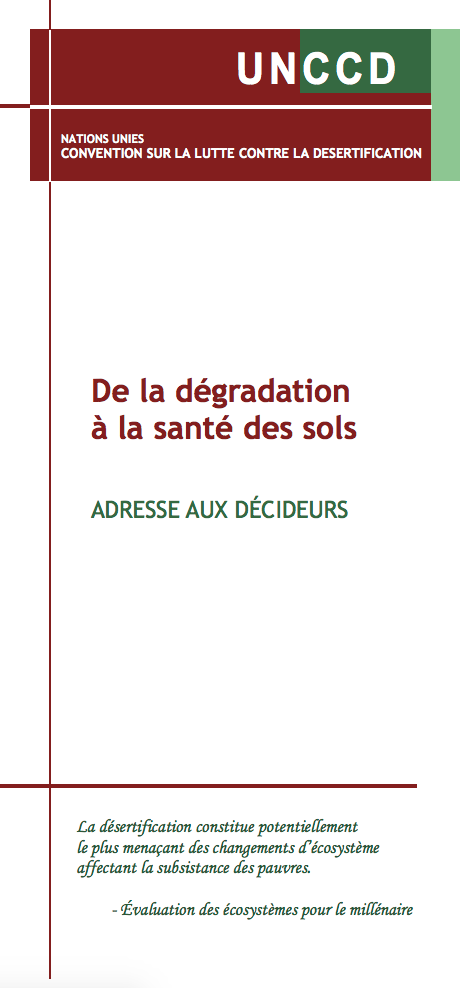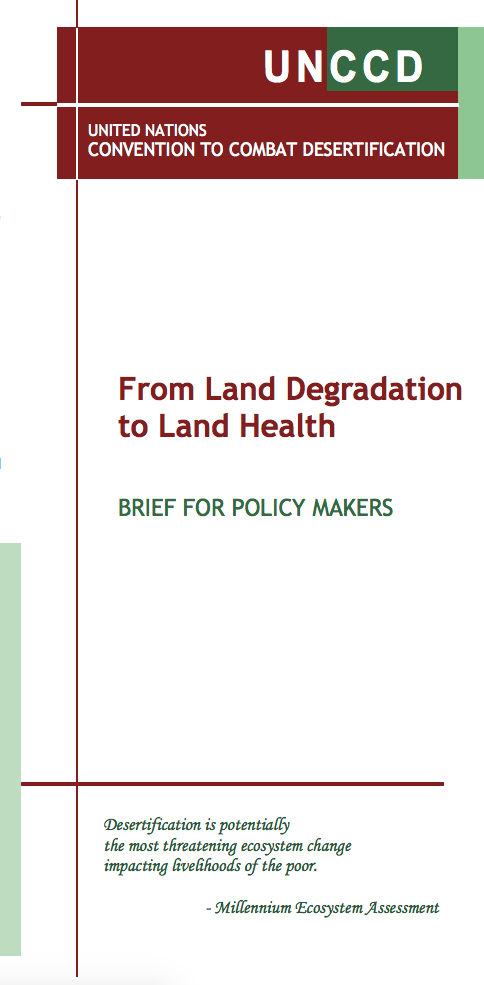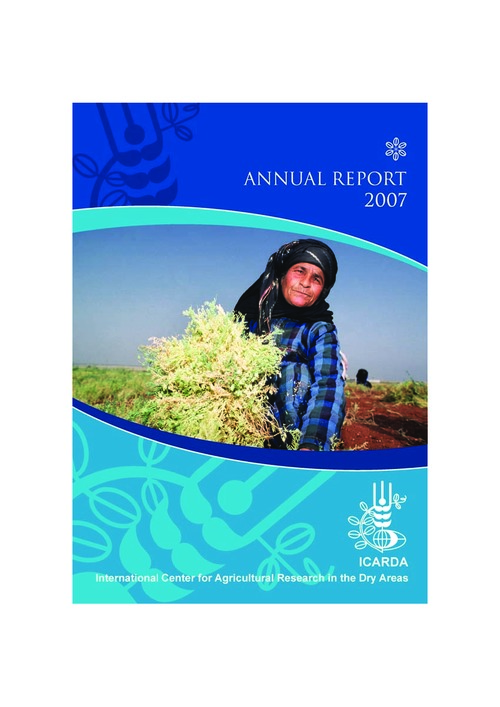Location
The International Center for Agricultural Research in the Dry Areas (ICARDA) was established in 1977. It is one of 15 such centers supported by the CGIAR. ICARDA’s founding mandate to promote agricultural development in the dry areas of developing countries remains highly relevant today.
ICARDA works with a tight focus on the problem-solving needs of resource-poor farmers, achieving this through the in-field delivery of its research outputs. Although global food production has increased by 20 per cent in the past decade, food insecurity and poverty remain widespread, while the natural resource base continues to decline.
International research centers such as ICARDA, which have helped drive previous improvements, continue to deliver new technologies to support sustainable growth in agriculture, and crucially, to work with a wide range of partners to accelerate the dissemination of these technologies.
ICARDA’s biggest strength is its staff – 600 highly skilled men and women from 32 countries. Our research and training activities cover crop improvement, water and land management, integrated crop-livestock-rangeland management, and climate change adaptation.
Other interventions include:
- Water harvesting - supplemental irrigation and water-saving irrigation techniques
- Conservation agriculture methods to reduce production costs and improve sustainability
- Diversification of production systems to high-value crops – horticulture, herbal and medicinal plants
- Integrated crop/rangeland/livestock production systems including non-traditional sources of livestock feed
- Empowerment of rural women – support and training for value-added products.
The ICARDA genebank holds over 135,000 accessions from over 110 countries: traditional varieties, improved germplasm, and a unique set of wild crop relatives. These include wheat, barley, oats and other cereals; food legumes such as faba bean, chickpea, lentil and field pea; forage crops, rangeland plants, and wild relatives of each of these species.
ICARDA’s research portfolio is part of a long-term strategic plan covering 2007 to 2016, focused on improving productivity, incomes and livelihoods among resource-poor households.
The strategy combines continuity with change – addressing current problems while expanding the focus to emerging challenges such as climate change and desertification.
We work closely with national agricultural research systems and government ministries. Over the years the Center has built a network of strong partnerships with national, regional and international institutions, universities, non-governmental organizations and ministries in the developing world and in industrialized countries with advanced research institutes.
THE ‘DRY AREAS’
Research and training activities cover the non-tropical dry areas globally, using West Asia, North Africa, Central Asia and the Caucasus as research platforms to develop, test, and scale-out new innovations and policy options.
Dry areas cover 41 per cent of the world’s land area and are home to one-third of the global population. About 16 per cent of this population lives in chronic poverty, particularly in marginal rainfed areas. The dry areas are challenged by rapid population growth, frequent droughts, high climatic variability, land degradation and desertification, and widespread poverty. The complex of relationships between these challenges has created a "Poverty Trap."
Members:
Resources
Displaying 396 - 400 of 431ICARDA Annual Report 2008
The year of 2008 marked the beginning of a new phase at ICARDA: the full implementation of the Center's Strategic Plan 2007-2016, and a renewed commitment to addressing the global challenges of food security, poverty alleviation and climate change in the dry areas. It was also a year of adversity, both locally and globally. At ICARDA's main research station in Syria, the 2007/2008 cropping season experienced drought combined with wide variations in temperature, falling to -12°C in winter and rising to 37°C in the early spring.
Revertir la degradación de la tierra
Esto es un Compedio Para Responsables de Politicas "Revertir la degradación de la tierra"
De la dégradation à la santé des sols
C'est une adresse aux Décideurs "De la dégradation à la santé des sols"
From Land Degradation to Land Health
This is a brief for Policy Makers titled "From Land Degradation to Land Health"
ICARDA Annual Report 2007
In 2007, ICARDA celebrated its thirtieth anniversary. The Center and its partners have worked together for three decades to improve the food security and livelihoods of the poor in dry and marginal areas. During this time, we have seen significant changes in the biophysical environment and in socio-economic circumstances. New farming technologies, new livelihood options, and better policies and institutions are speeding up agricultural development in the world's dry areas, and we are proud of the role we have played in this progress.

